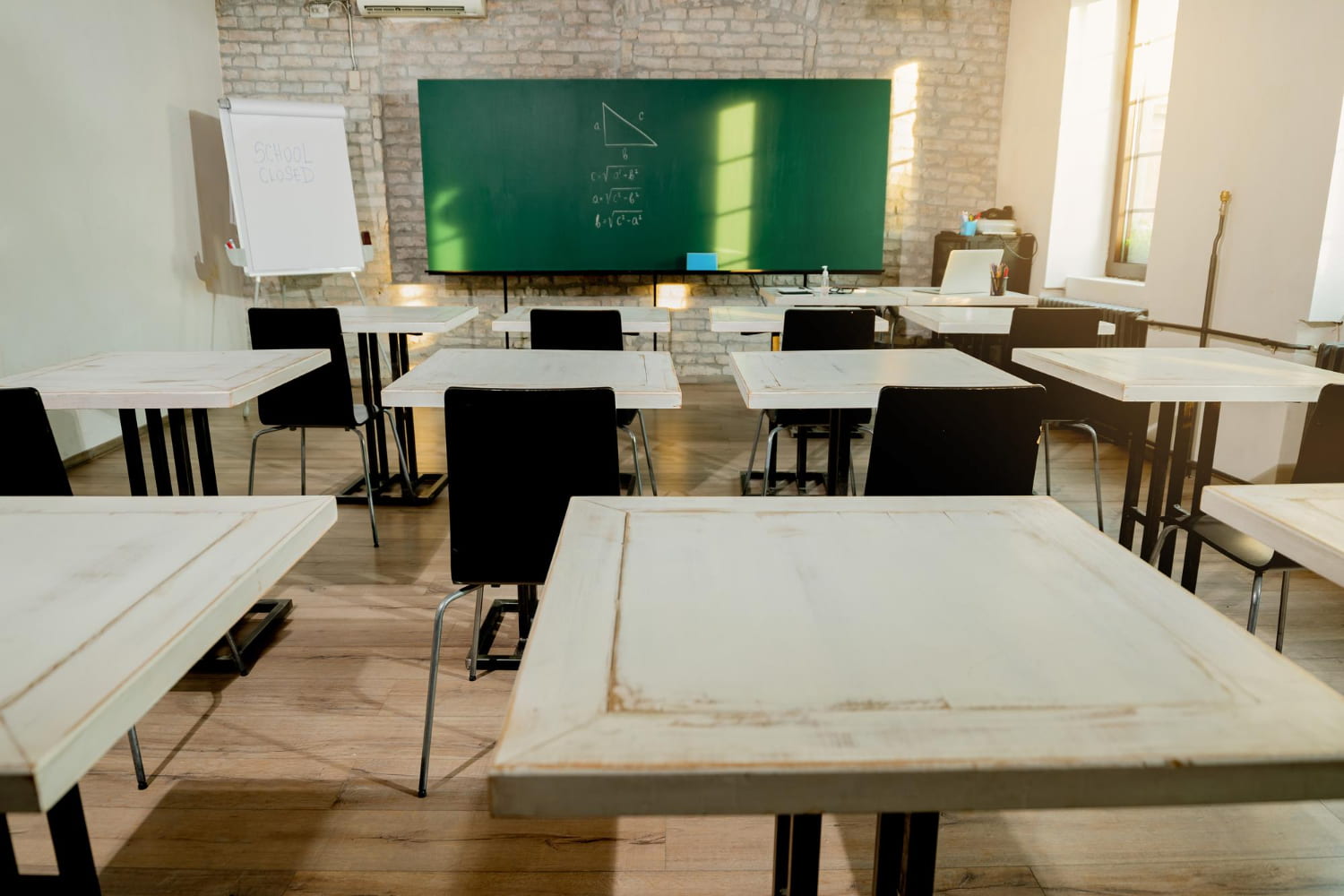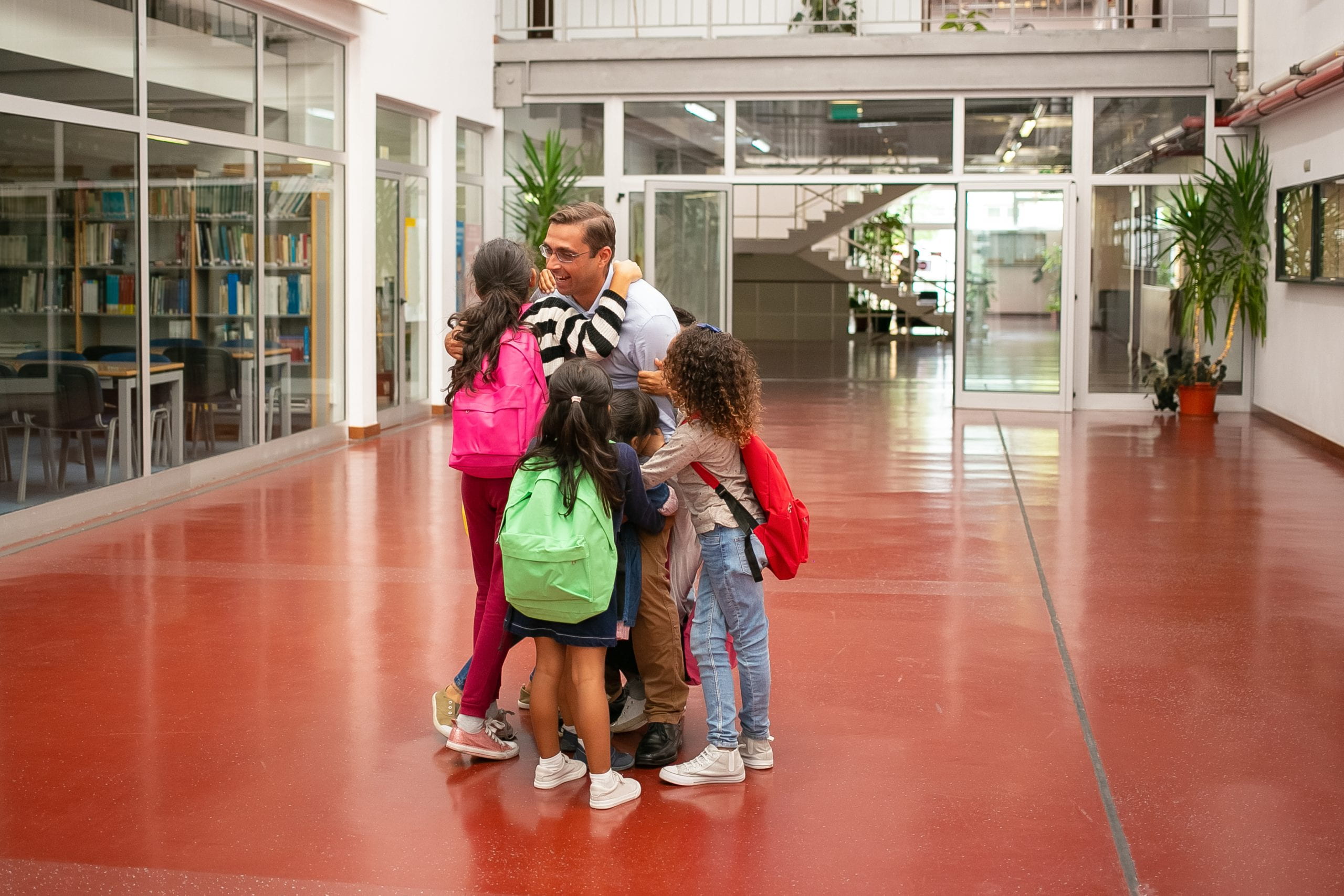AJE Feature | “Losing My Craft”: Teachers’ Relational Work with Students During a Pandemic by Jeremy Murphy
The full-length American Journal of Education article can be accessed here. Months into the 2020-2021 school year, I asked Kendra what it was like meeting new rosters of students virtually. Like nearly all teachers I interviewed, she took issue with the question, claiming she had “not met” most of her students. Teaching remotely meant talking to muted… Read More AJE Feature | “Losing My Craft”: Teachers’ Relational Work with Students During a Pandemic by Jeremy Murphy








